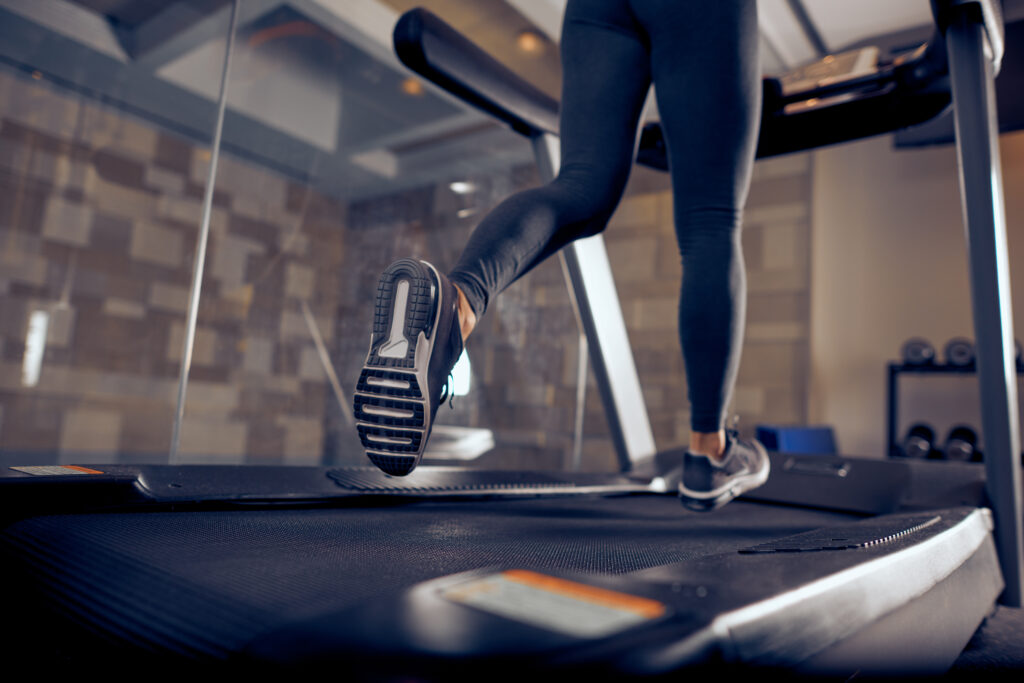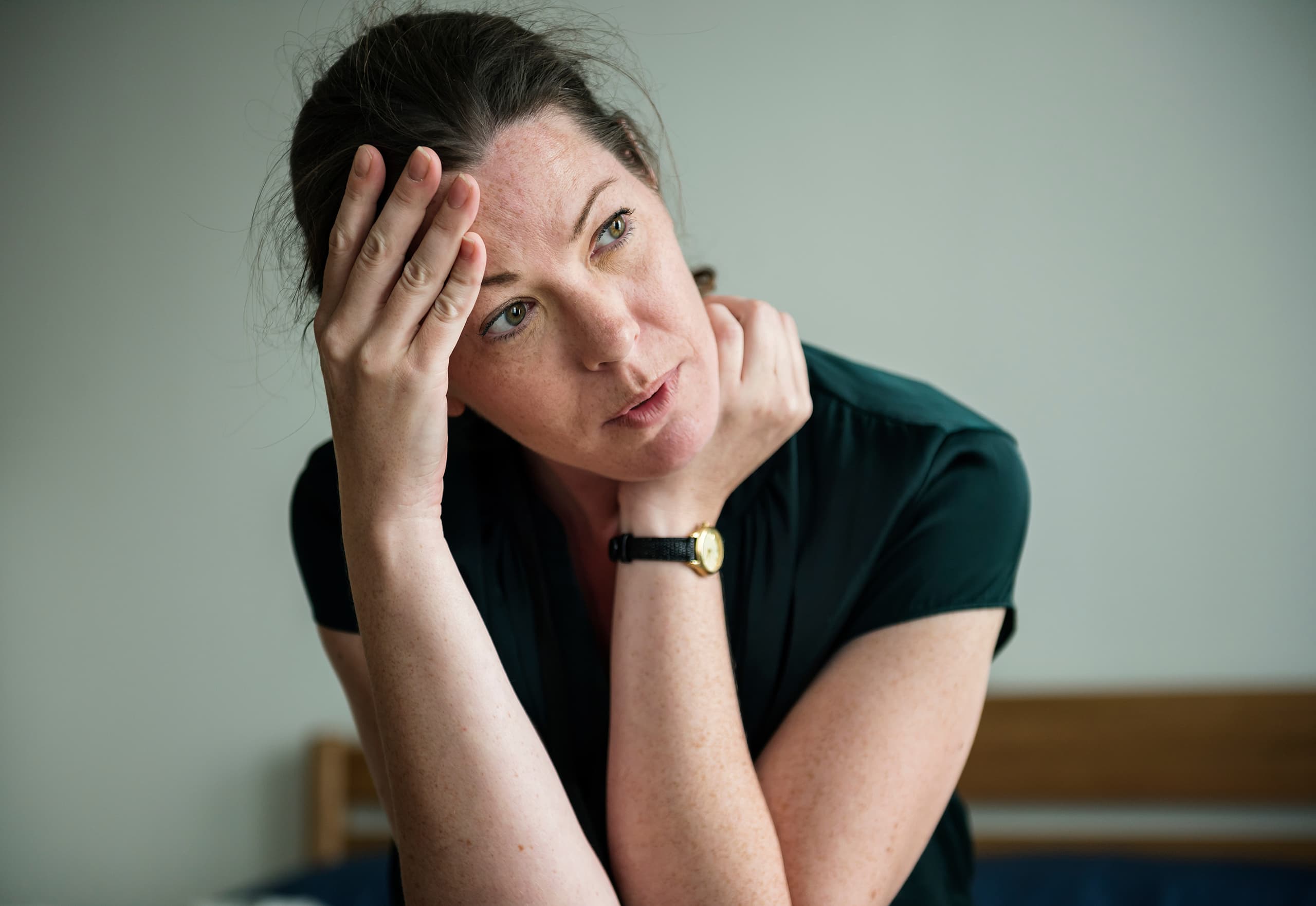Anxiety can be described as “distress or uneasiness of the mind caused by fear of danger or misfortune.” In some situations, it can be very helpful and even life-saving. As John-Roger and Peter McWilliams explained in their seminal book ‘You Can’t Afford the Luxury of a Negative Thought’, an element of anxiety was essential to the survival of our early ancestors.
The sound of a snapping branch in the bushes triggered their ‘fight or flight’ response because it usually meant it was time to fight a wild animal or run away. Thankfully, we do not have those kinds of worries, but our modern society has replaced them with a gamut of alternatives.
The modern equivalent of a sabre tooth tiger
While there may not be sabre tooth tigers to outrun, many of our anxieties come from fears that are persistent like paying the bills or worrying about your partner leaving. Extended periods of anxiety can create an ongoing state of apprehension that puts our bodies on to a state of high alert, even after a perceived threat has been dealt with.
One of the ways we can tackle anxiety ourselves is through self-care; essentially looking after our mental, emotional and physical health. Self-care is an important tool in managing anxiety, alongside treatment from your GP and professional counselling.
Self-care can be as unique as you are but if you are looking for ideas on how to get started, here are my top 6 self-care tips.
1. Breathing exercises
This is a good technique to help deal with anxiety if you are feeling overwhelmed. Anxiety can cause our breathing to speed up and become shallower, thus reducing the amount of oxygen into our lungs and further heightening the body’s response to the ‘emergency’.
Slow, deep and focused breathing can reverse this process and help you to feel more settled.
Try breathing in through your nose for a count of three, holding that breath for three and then releasing it slowly out of your mouth for another count of three. Continue until you start to feel more at peace.
2. Keeping fit and eating healthily

Doing your favourite exercise can help you to relax by releasing the feel-good hormone endorphin into your body. Eating well can improve your immune system and general health. This is particularly important if your anxieties stem from other health concerns – existing or anticipated.
3. Meditation for anxiety
Meditation either with relaxing music or a spoken, guided meditation is effective at changing your point of focus. While your mind may be continually preoccupied with worry or anxieties, meditation is designed to distract and allow your thoughts time to slow down and, in turn, calm your feelings of worry.
There are a wide range of free and paid-for apps and websites offering mediation music and guided meditation by the likes of Jon Kabatt-Zin.
4. Anxiety support groups
Anxiety is very good at making the sufferer feel like they are alone and isolated. Struggling with anxiety is very common and joining a support group can help you share your thoughts and emotions with others.
Groups are also effective at showing how other people have wrestled with anxiety but have learned to manage it or move past it completely.
Click here for a list of anxiety-related websites and support groups in Scotland/UK.
5. Talking to family and friends

The old adage ‘a problem shared is a problem halved’ has been passed down for generations for good reason. Communicating with others is a positive step towards expressing your emotions and finding ways to tackle your anxiety.
It is also important to let people who care about you know how you are feeling. The support of family and friends can make a significant difference when you are grappling with anxiety.
6. Keep track of your anxiety
Writing about your anxiety might not seem like a way to cope with it but it can be a very effective tool. Keep a notebook of the what, how and when of your anxiety, with a particular focus on your emotions.
In doing this it is possible to work out what the ‘triggers’ are for your anxiety and then to consider how to change your exposure and/or response to them.
Keep in mind that triggers can be almost anything and that they are all equally valid.
Treating anxiety with counselling
A professional counsellor will be able to support you while you work through your difficulties dealing with anxiety. Counselling offers a safe place to talk honestly, and confidentially, about what is troubling you and how to better deal with it.
Find out more about our counselling services for anxiety. You can also get in touch using our online form.
Anxiety UK – Charity providing support if you have been diagnosed with an anxiety condition. Visit website.
CALM – CALM is the Campaign Against Living Miserably, for men aged 15 to 35. Visit website.
No Panic – Voluntary charity offering support for sufferers of panic attacks and obsessive-compulsive disorder (OCD). Visit website.
SAMH – Scottish Association for Mental Health operating in communities to provide a range of mental health support and services. Visit website.
Margaret Smith is a Practitioner Member of Counselling and Psychotherapy in Scotland (COSCA) specialising in couples counselling. She works with both couples and individual with clients at The Spark. Margaret has a particular interest in Attachment Theory, Transition/ Loss and Emotions.

